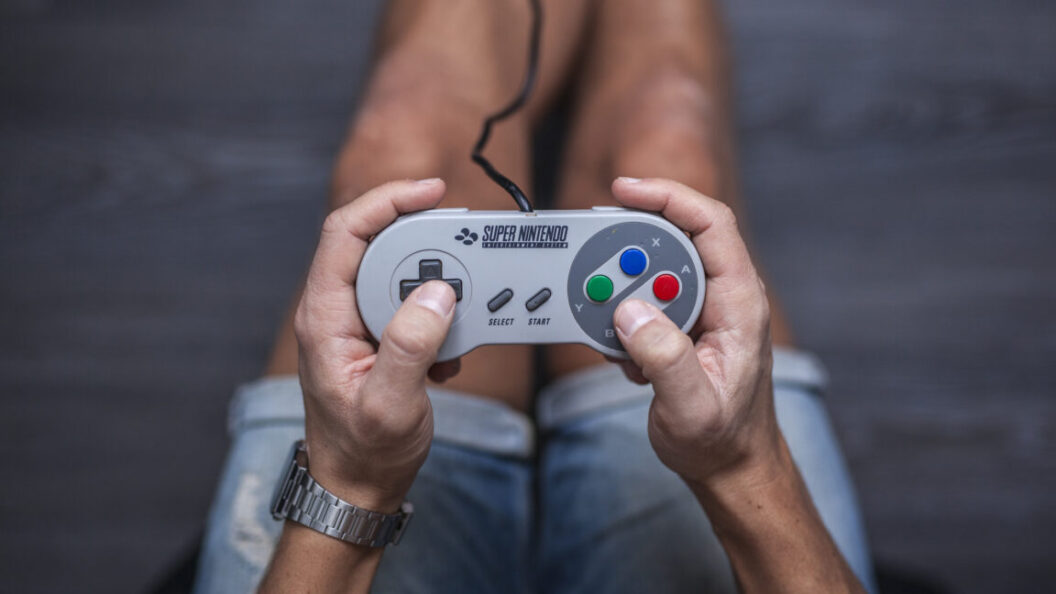The Inconsistent Timing of SNES Consoles: A Comprehensive Analysis
Introduction to SNES DSP Variability
In a fascinating examination of the Super Nintendo Entertainment System (SNES) Digital Signal Processors (DSP), researcher Allan Cecil has shed light on the subtle yet significant variations in clock speeds among different consoles. This study highlights how these discrepancies can impact gameplay, particularly for those engaged in time-sensitive activities such as tool-assisted speedruns.
Clock Variation Among Consoles
Cecil’s analysis found that the clock speeds varied by 234 Hz among different SNES consoles, representing a mere 0.7% deviation from the specified 32,000 Hz. While this difference is small enough that the average player would likely not notice it, it poses challenges for skilled speedrunners who rely on precise timing.
TASBot team member Total remarked that such clock variation could lead to "at most maybe a second or two of difference over hours of gameplay." For competitive speedrunners, however, even minor discrepancies can have noteworthy effects, particularly in strategies that require memorization of enemy patterns, which may shift due to differing CPU and APU alignments.
Implications for Tool-Assisted Speedruns
In the context of tool-assisted speedruns, the clock speed discrepancies could introduce significant complications. Undisbeliever, another TASBot contributor, elaborated that the variations in timing can cause minor processing delays—what may seem trivial, such as a difference of 0.001 frames, can accumulate to impact the timing of crucial events in the game. An important point raised was that "on one console this might take 0.126 frames to process the music-tick, on a different console it might take 0.127 frames," potentially delaying music loading by one frame.
Heating Effects vs. Console Variations
Interestingly, Cecil’s findings suggest that the differences in performance due to external heating effects are minimal compared to the natural variability across consoles. The results indicate that environmental conditions affected individual consoles, but to a lesser extent than the inherent differences between units. Cecil’s survey emphasized that variations between consoles were more pronounced than any single console’s response to heat, hinting at the unpredictability inherent in classic gaming hardware.
Higher Than Expected DSP Clock Rates
Another striking detail Cecil discovered was that the average DSP clock speed reported was approximately 32,078 Hz at room temperature, which exceeds both the original Nintendo specification and the 32,040 Hz rate that emulator developers measured in 2003. This raises intriguing questions about whether the SNES hardware has experienced a slight increase in performance over time.
While some theorize that the age of these gaming consoles could be contributing to higher clock speeds, Cecil cautioned against jumping to conclusions. He remarked, "The historical data we have is too circumstantial to make such a claim for certain," emphasizing the need for ongoing investigation in this area.
Community Interpretations and Conclusions
Cecil acknowledges the diverse perspectives present within the gaming community regarding the implications of these findings. "We’re all a bunch of differently skilled geeks and nerds, and it’s in our nature to argue over what the results mean," he stated. "The only thing we can say with certainty is the statistical significance of the average DSP sample rate."
The broader significance of these findings lies in their implications for both casual players and competitive gamers. For average consumers, the clock deviations may seem negligible; however, for the dedicated speedrunning community, understanding these discrepancies could lead to new strategies and insights into optimizing performance.
As gaming technology continues to evolve and retro gaming communities thrive, research like Cecil’s serves as a vital resource. It not only deepens our understanding of classic hardware but also fosters an ongoing dialogue within the gaming community regarding how subjective experiences can be influenced by technical variables in ways that are both fascinating and complex.









